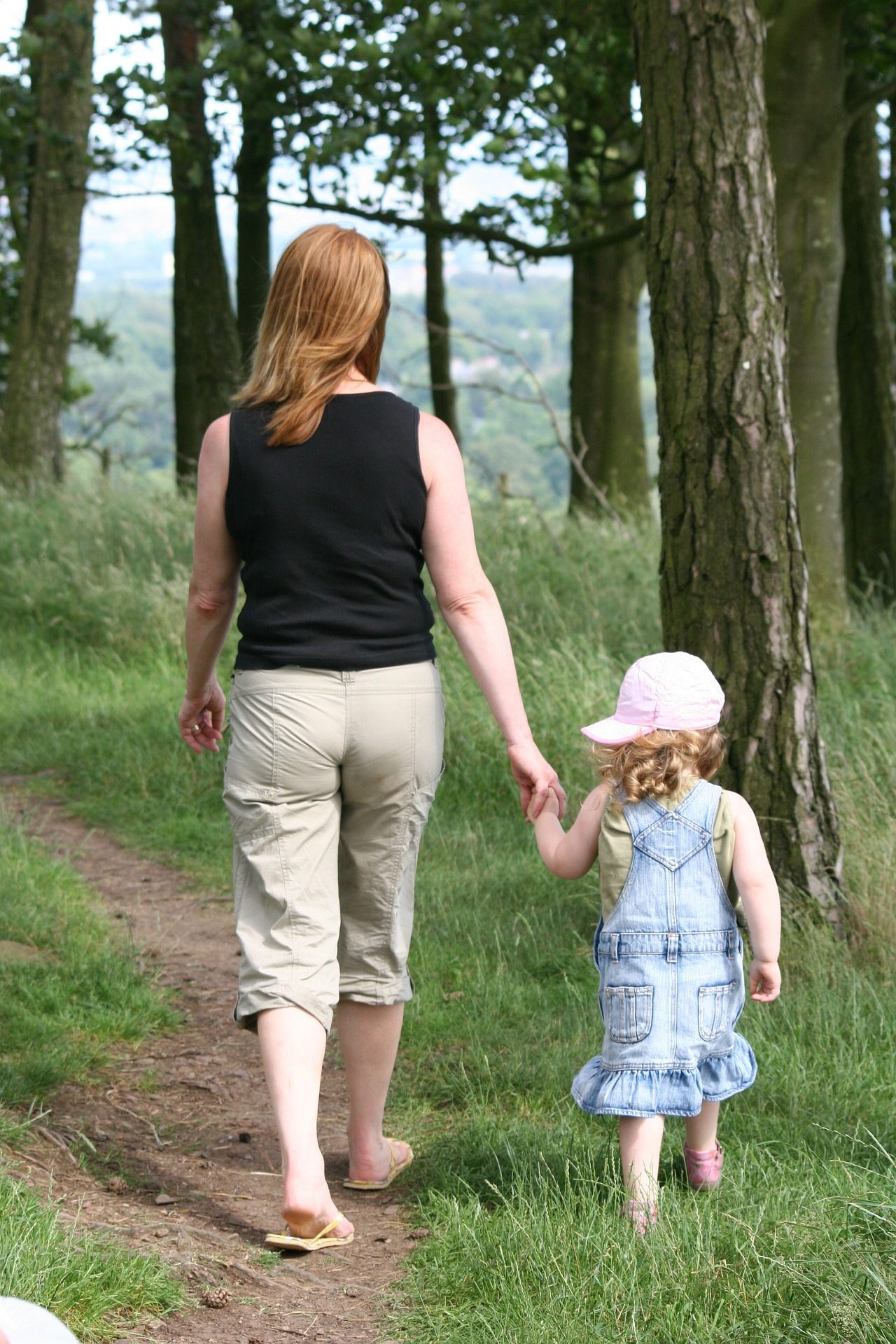
Barely a day goes by without a new article, a report on some research, or the eminent opinions of those in the know on the pressures of modern-day living and its impact on mental health and physical wellness. Disconnecting with nature really is a curse of the modern-age for we all spend so much time behind closed doors, seeing rather than experiencing the world through panes of glass or LCD screens.
Oh, how we’re missing out!
Nature at first hand ignites the senses, reaches into the soul and strips away layer upon layer of daily grind! Therefore, a few hours with nature is one of life’s simplest and most readily accessible pleasures.
Often referred to as ‘nature-deficit disorder’ the term was created by American author Richard Louv. Best known for his book Last Child in the Woods and published in 2005, Louv’s book investigates something that we all recognise – the dwindling relationship that children have with the natural world around us.
Prescribing Nature
However, children are not alone in seemingly disconnecting with nature. The demands of ever busier lives, holding down stressful jobs and raising families, not to mention the current economic uncertainty, has eroded our ability to enjoy free time. Yet there is a way to mitigate the damaging effects of our modern lives right on our door-steps.
One might argue that the Scots have stolen a march on the rest of us by tackling nature-deficit disorder head-on. Patients seeing a GP with conditions such as high blood pressure, heart disease, stroke or mental health difficulties are literally being prescribed nature and the benefits to health from going for a walk or doing some gardening.
Yet we really don’t need a medic to tell us what, deep down, we already know. The Biophilia Hypothesis suggests that human beings have an innate predisposition to connect with nature. First introduced in a book by Edward O. Wilson, biophilia is defined as “the urge to affiliate with other forms of life”. Indeed, the word biophilia means ‘love of life or living systems’ and has been used to describe a psychological attraction to all that is alive and full of vitality.
Despite Biophilia operating at a subconscious level, we’ve all experienced the tangible effects of going for a walk or gazing out across the water. Such activities leave one feeling whole again, somehow fulfilled, as though all is well with the world – for a time at least.
Find your peace at Antony Woodland Garden
Last year we asked our visitors what they most liked about Antony Woodland Garden & Woodland Walks. The feedback we received spoke of the overwhelming sense of timeless tranquillity as one wanders the green, mown paths that meander their way through the flora and fauna. They spoke of a real sense of land and sky and water coming together in peace and harmony. The gentle whisper of the leaves as they are lifted on the spring breeze. The smell of warm earth and the perfume of flowers, the salty tang of the estuary and still reflections of the ponds. All this and more against a backdrop of wild bird-song and the tap, tap of the woodpecker as it echoes through the trees.
Above all they spoke of feeling as though they could take the essence of the Gardens with them when they left. Sometimes enough to sustain them until their next visit, sometimes just enough to make life feel good again …. even if only for a while….
Antony Woodland Garden and Woodland Walks reopens on Friday 1st March. For more information click here
Sarah Bartlett
BOOK YOUR TICKETS HERE »
